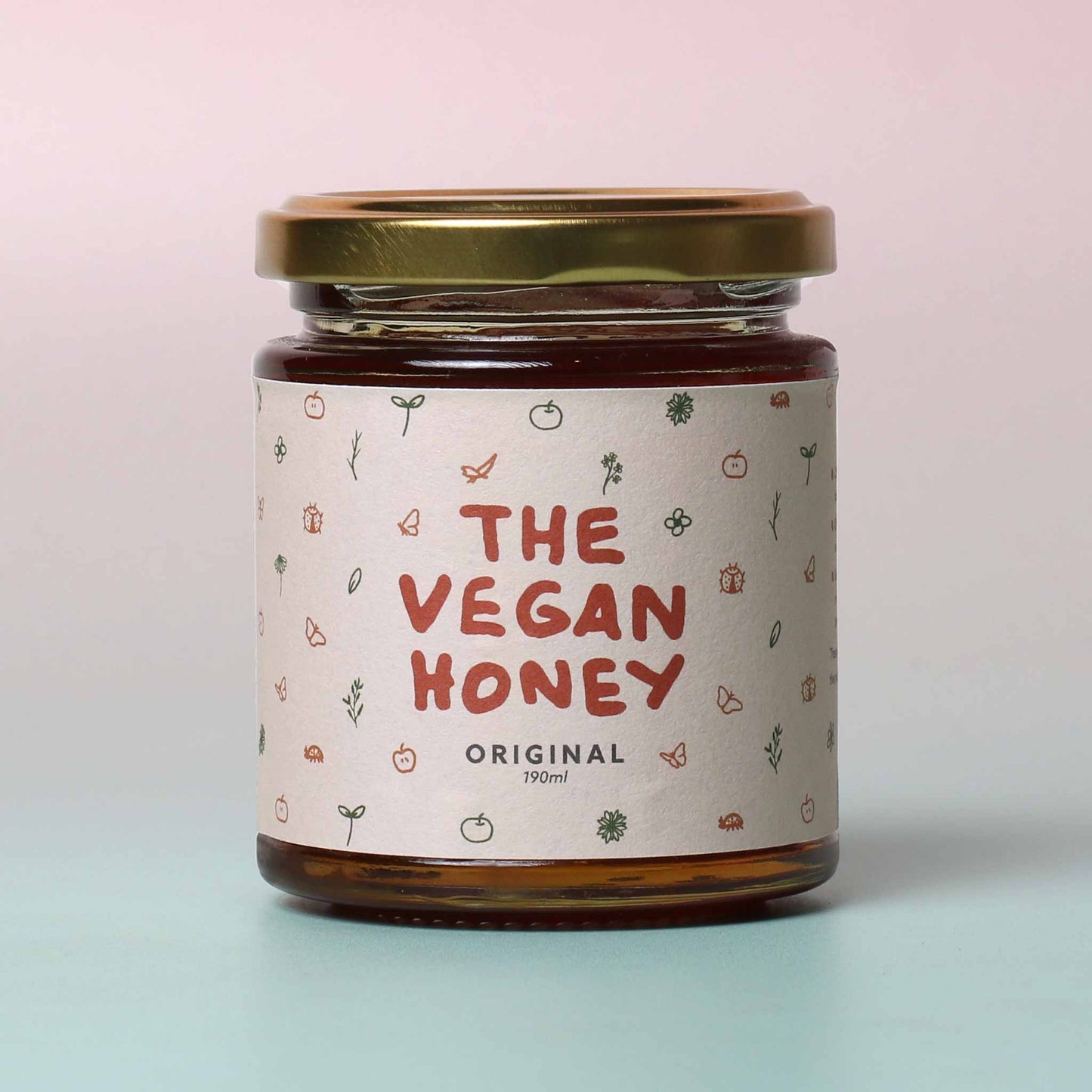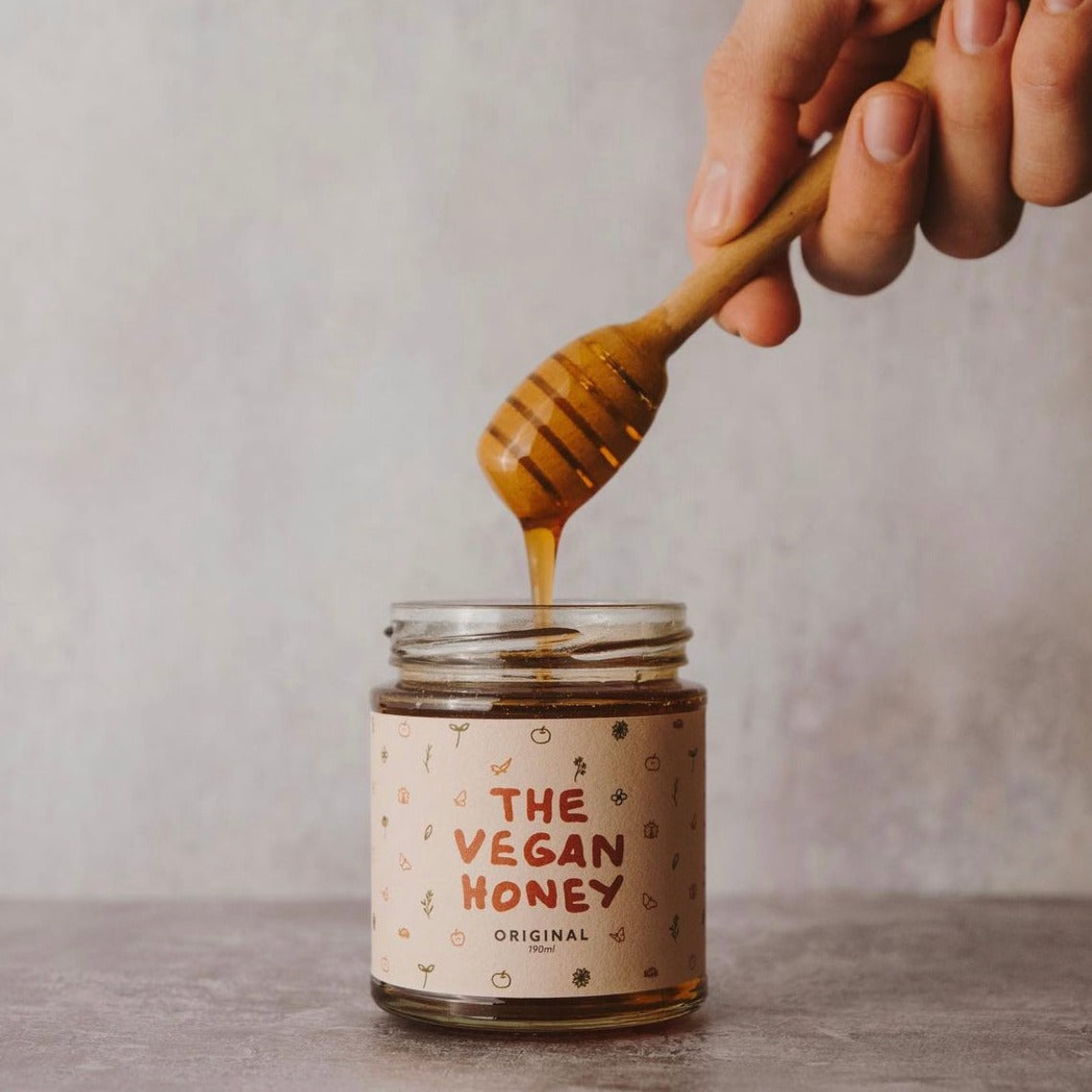Honey has all of the macronutrients that a bee needs, meaning they can survive solely on it. When honey is extracted from a bee colonies hive, it is replaced with a sugar water substance which lacks the much needed nutrients. Research indicates that this replacement weakens bee’s immunity and makes them more susceptible to diseases.
During the process of honey harvesting, bee’s are mutilated or even killed. Once the honeycomb is extracted, a small scale beekeeper will brush off the bees, while in larger scale beekeeping, more efficient yet violent ways are used such as industrial leaf blowers or a noxious combination of gasses to kick them out of the hive.
Once the honey is harvested, it is cheaper for some beekeepers to kill the entire hive than to provide them with the much needed food and care throughout the winter months. Common practices include pouring petrol into sealed off hives and burning them, drowning them with soapy water, asphyxiating them with CO2, and even putting the bees in plastic bags and leaving them in the sun to ensure they suffocate to death or die from the increasing temperatures inside the bag.
If we stop eating honey, there will be no bees and the environment will collapse?Quite the opposite! There are 20,000 species of bees and only around 10 of them produce honey. Just like the diary and egg industry, the honey industry has crossbred those species in order to increase yield. We now have the western honey bee which is detrimental to our environment. It has been mutated to the point that it has no place in our ecosystem and is pushing out smaller vital keystone pollinators out of the food chain. The man made honey-producing bee has a negative impact on those natural pollinators by stealing unnatural quantities of pollen and nectar that would naturally be available to them. Unlike the other crossbred livestock, this western honey bee roams beyond any enclosure and disrupts ecosystems.
Honey bee hives are often traded around the world which allows the rapid spread of diseases. A major problem is that there are hardly any laws in place prohibiting the buying and selling of bee’s between counties, which consequently allows free-movement of diseases around the world. Certain pollinators can only pollinate a certain type of plant. Honey bees are incredibly efficient at collecting pollen and returning to the hive, however they transfer very little pollen to the plants that they visit. This makes them less effective pollinators than wild bees. Therefore we need to once again strive for a diversity of natural pollinators.
So to answer this question in short - eradicating honey out of our diet would not only stop the needless suffering that it causes but it would also give a chance to all those keystone pollinators to return and thrive!
But honey is super healthy?
The notion that animal products are healthy is as old as time! Yet we have found out in recent years that this is not the case. When looked into, honey has very little nutritional benefit to us. It is made up of simple carbohydrates, small amounts of vitamins and minerals. But getting it ready for consumption by heating it and filtering it destroys the little nutrients it has, leaving it as a simple sweetener.





